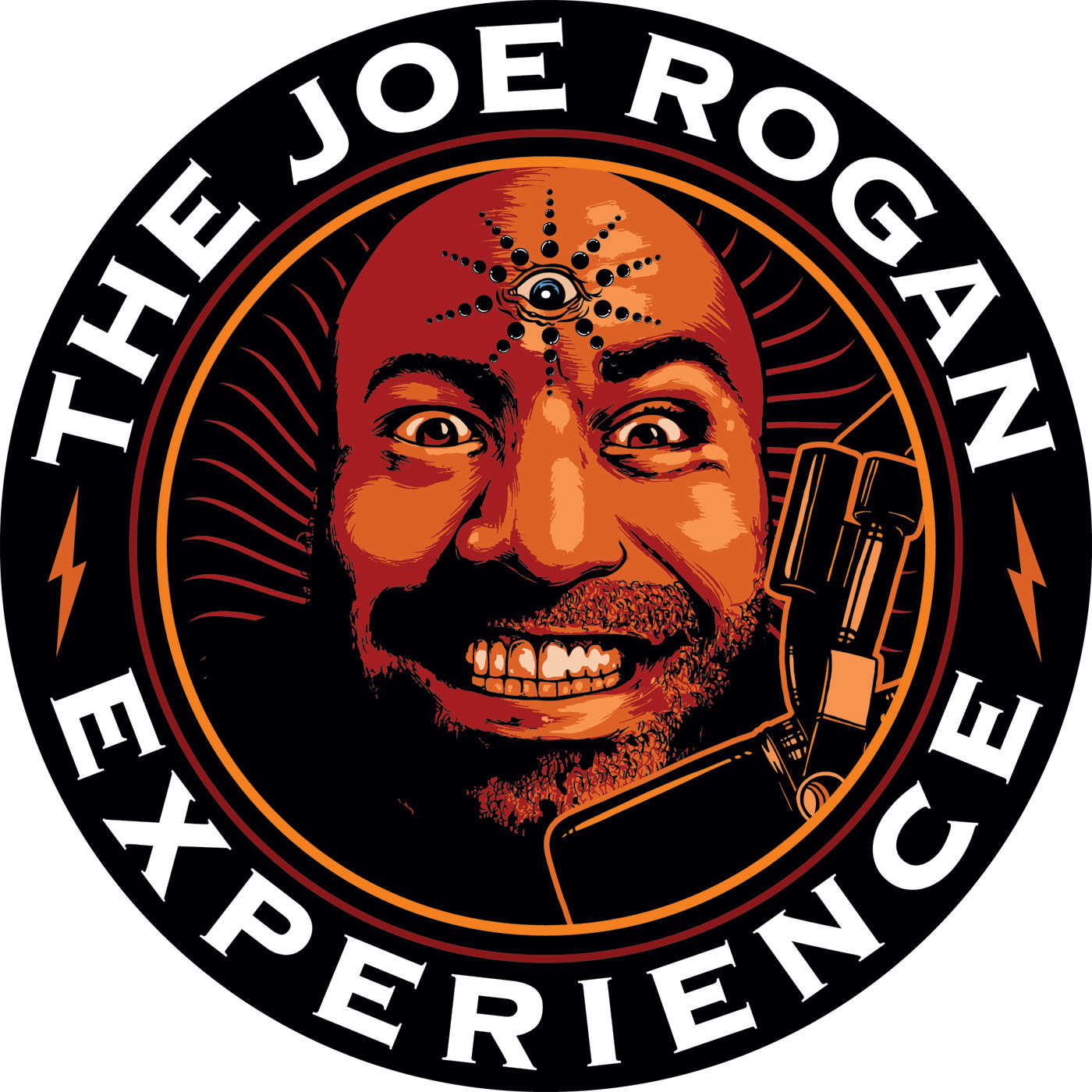Ranked #1

5 challenges we could solve by designing new proteins | David Baker
5 challenges we could solve by designing new proteins | David Baker
Proteins are remarkable molecular machines: they digest your food, fire your neurons, power your immune system and so mu... Read more
17 Jun 2019
•
10mins
Ranked #2

Small rockets are the next space revolution | Peter Beck
Small rockets are the next space revolution | Peter Beck
We're in the dawn of a new space revolution, says engineer Peter Beck: the revolution of the small. In a talk packed wit... Read more
12 Nov 2019
•
11mins
Ranked #3

What's at the bottom of the ocean -- and how we're getting there | Victor Vescovo
What's at the bottom of the ocean -- and how we're getting there | Victor Vescovo
Victor Vescovo is leading the first-ever manned expedition to the deepest point of each of the world's five oceans. In c... Read more
2 Aug 2019
•
7mins
Ranked #4

How community-led conservation can save wildlife | Moreangels Mbizah
How community-led conservation can save wildlife | Moreangels Mbizah
Conservationist and TED Fellow Moreangels Mbizah studied the famous Cecil the lion until he was shot by a trophy hunter ... Read more
1 Oct 2019
•
5mins
Ranked #5

How one tree grows 40 different kinds of fruit | Sam Van Aken
How one tree grows 40 different kinds of fruit | Sam Van Aken
Artist Sam Van Aken shares the breathtaking work behind the "Tree of 40 Fruit," an ongoing series of hybridized fruit tr... Read more
27 Sep 2019
•
11mins
Ranked #6

The biology of gender, from DNA to the brain | Karissa Sanbonmatsu
The biology of gender, from DNA to the brain | Karissa Sanbonmatsu
How exactly does gender work? It's not just about our chromosomes, says biologist Karissa Sanbonmatsu. In a visionary ta... Read more
10 Jan 2019
•
12mins
Ranked #7

How a new species of ancestors is changing our theory of human evolution | Juliet Brophy
How a new species of ancestors is changing our theory of human evolution | Juliet Brophy
In 2013, a treasure trove of unusual fossils were uncovered in a cave in South Africa, and researchers soon realized: th... Read more
1 Mar 2019
•
11mins
Ranked #8

What a nun can teach a scientist about ecology | Victoria Gill
What a nun can teach a scientist about ecology | Victoria Gill
To save the achoque -- an exotic (and adorable) salamander found in a lake in northern Mexico -- scientists teamed up wi... Read more
12 Feb 2020
•
13mins
Ranked #9

The "dead zone" of the Gulf of Mexico | Nancy Rabalais
The "dead zone" of the Gulf of Mexico | Nancy Rabalais
Ocean expert Nancy Rabalais tracks the ominously named "dead zone" in the Gulf of Mexico -- where there isn't enough oxy... Read more
18 Apr 2018
•
12mins
Ranked #10

The amazing brains and morphing skin of octopuses and other cephalopods | Roger Hanlon
The amazing brains and morphing skin of octopuses and other cephalopods | Roger Hanlon
Octopus, squid and cuttlefish -- collectively known as cephalopods -- have strange, massive, distributed brains. What do... Read more
31 May 2019
•
13mins
Ranked #11

The search for dark matter -- and what we've found so far | Risa Wechsler
The search for dark matter -- and what we've found so far | Risa Wechsler
Roughly 85 percent of mass in the universe is "dark matter" -- mysterious material that can't be directly observed but h... Read more
6 Jan 2020
•
15mins
Ranked #12

The science of friction -- and its surprising impact on our lives | Jennifer Vail
The science of friction -- and its surprising impact on our lives | Jennifer Vail
Tribology: it's a funny-sounding word you might not have heard before, but it could change how you see and interact with... Read more
5 Feb 2020
•
11mins
Ranked #13

The pharmacy of the future? Personalized pills, 3D printed at home | Daniel Kraft
The pharmacy of the future? Personalized pills, 3D printed at home | Daniel Kraft
We need to change how we prescribe drugs, says physician Daniel Kraft: too often, medications are dosed incorrectly, cau... Read more
18 Oct 2018
•
12mins


































